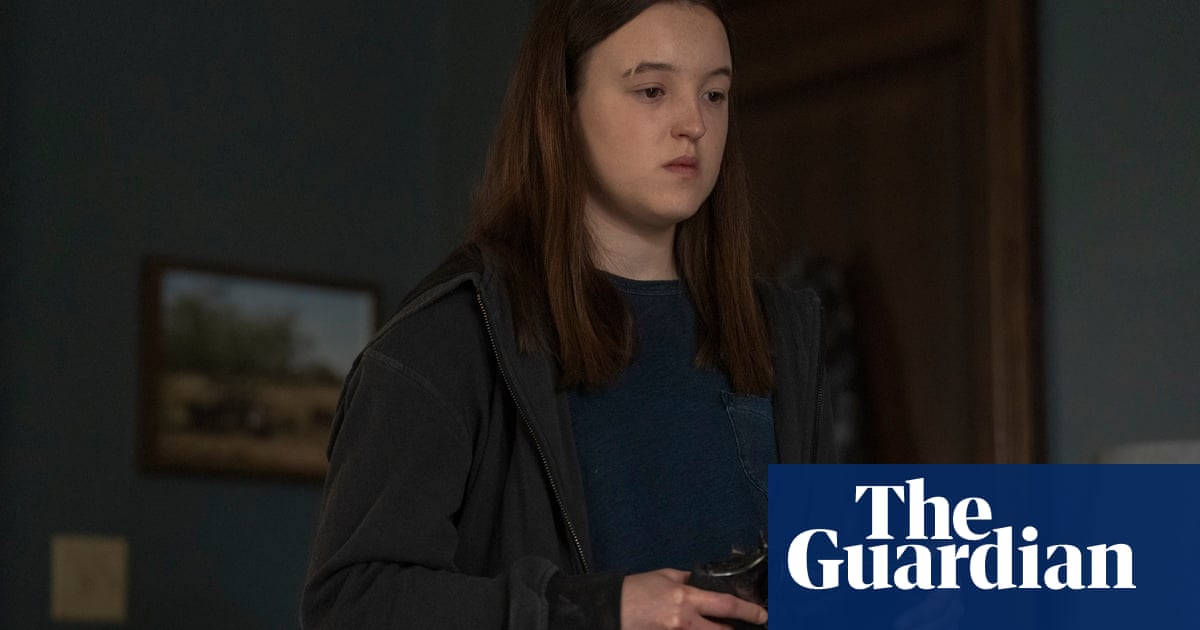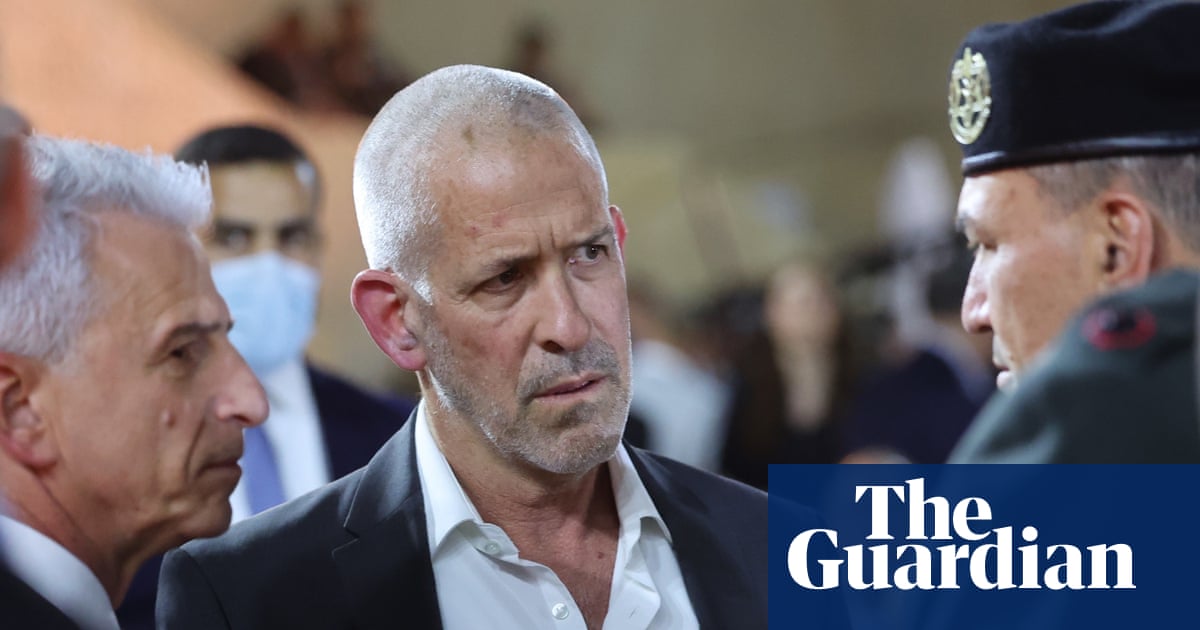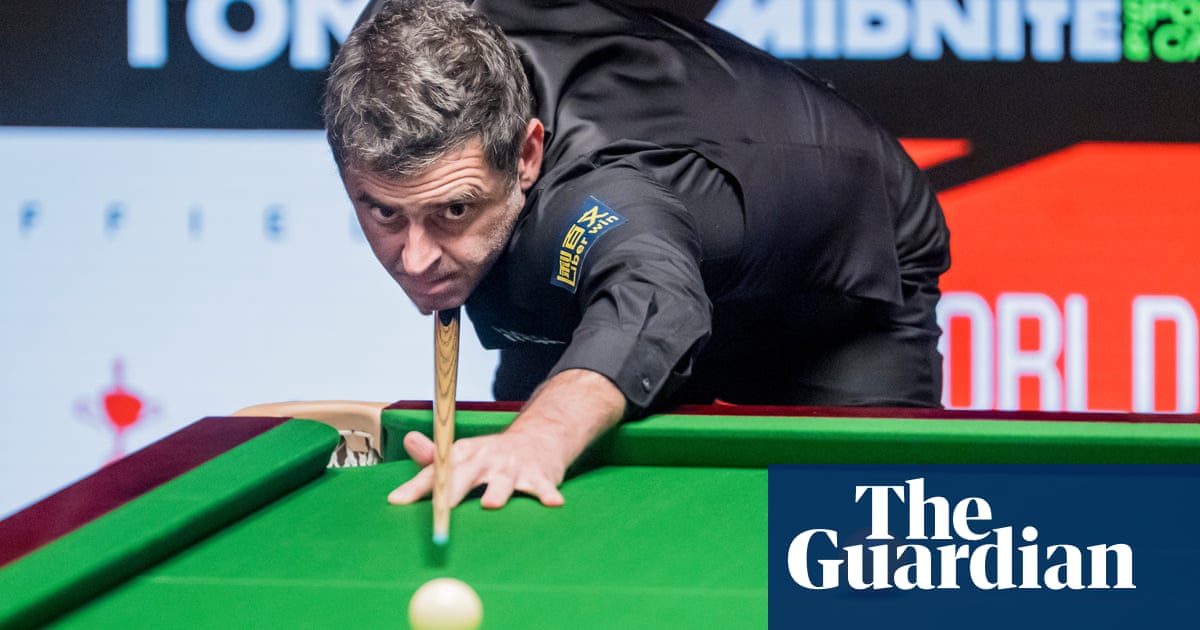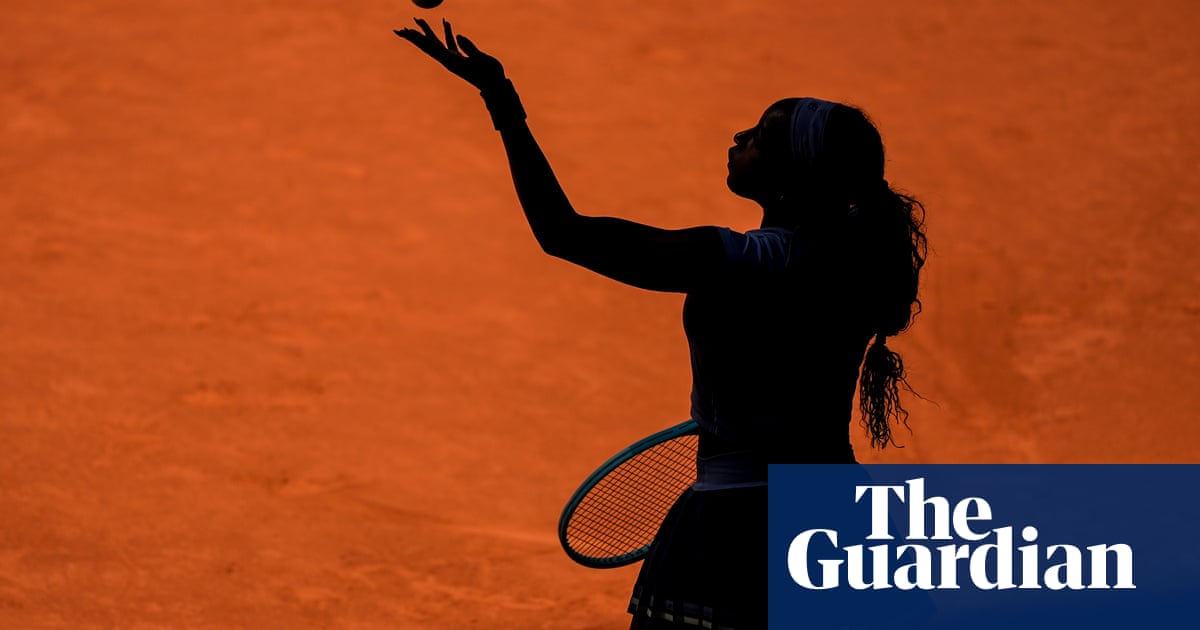Any political brief that brings with it the near certainty of future confrontation with Elon Musk is not to be envied. But during a recent interview with this newspaper, Henna Virkkunen, the European Union’s most senior official on digital policy, was in bullish mood. “We are very committed to our rules when it comes to the digital world,” said Ms Virkkunen, who is the EU vice-president responsible for tech sovereignty. “We want to make sure that our digital environment … is fair and it’s safe and it’s also democratic.”
Last week, words were followed by deeds. In the first sanctions handed down since the establishment of the EU’s Digital Markets Act, the European Commission fined Apple €500m and Meta €200m, after finding them guilty of unfair business practices that exploited their entrenched online “gatekeeper” position. Apple, for example, was judged to have unfairly restricted developers from distributing apps outside its own App Store, where it takes a cut from sales.
Tough action or tokenism? It is safe to say these fines will not keep either company’s accountants up at night. Apple’s revenue last year was €344bn. There are also indications that, in other areas, Brussels may be seeking to dial down tensions with the US tech giants as it seeks to avoid a full-on trade war with Washington.
A separate investigation into X under the auspices of the Digital Services Act – which deals with content moderation – last summer found it in preliminary breach of EU rules, following Mr Musk’s takeover in 2022. No fine has yet resulted. Meanwhile there are growing fears that EU regulations on artificial intelligence, intended to lessen the risk of disinformation and political manipulation, are in danger of being watered down under pressure from the Trump administration.
The current volatility of transatlantic relations is such that a degree of cautious restraint is understandable. But US bullying of Brussels over its regulation of big tech on behalf of EU citizens must be robustly resisted. Mr Trump’s senior adviser for trade and manufacturing, Peter Navarro, has mischaracterised European digital regulation as a non-tariff barrier and form of “lawfare” against American companies. The reality is more mundane: US market dominance means its tech giants will inevitably be the most affected by efforts to govern a space that is now part of the architecture of everyday life.
That task, vital to maintaining a healthy public sphere, should be kept distinct from fraught trade negotiations with the White House. Easier said than done perhaps, given Mr Trump’s all-embracing mercantilism. But EU politicians (and British ones) must not be intimidated into an ill-judged deregulatory path with potentially damaging implications for democracy.
Last week’s fines might have been small beer financially but they at least represented a necessary statement of intent. Alongside its investigation into X, the commission has inquiries ongoing into TikTok and Meta, also relating to content moderation. MEPs are now calling for those too to be pushed to a conclusion.
This may be the acid test. The US vice-president, JD Vance, has made it clear that the White House intends to act as the political wing of US big tech, comparing European attempts to combat online disinformation and illegal content to Soviet-era censorship. Ms Verkkunen should stick to her guns, and ignore the flak flying from Washington.
Do you have an opinion on the issues raised in this article? If you would like to submit a response of up to 300 words by email to be considered for publication in our letters section, please click here.

.png) 4 hours ago
5
4 hours ago
5













































